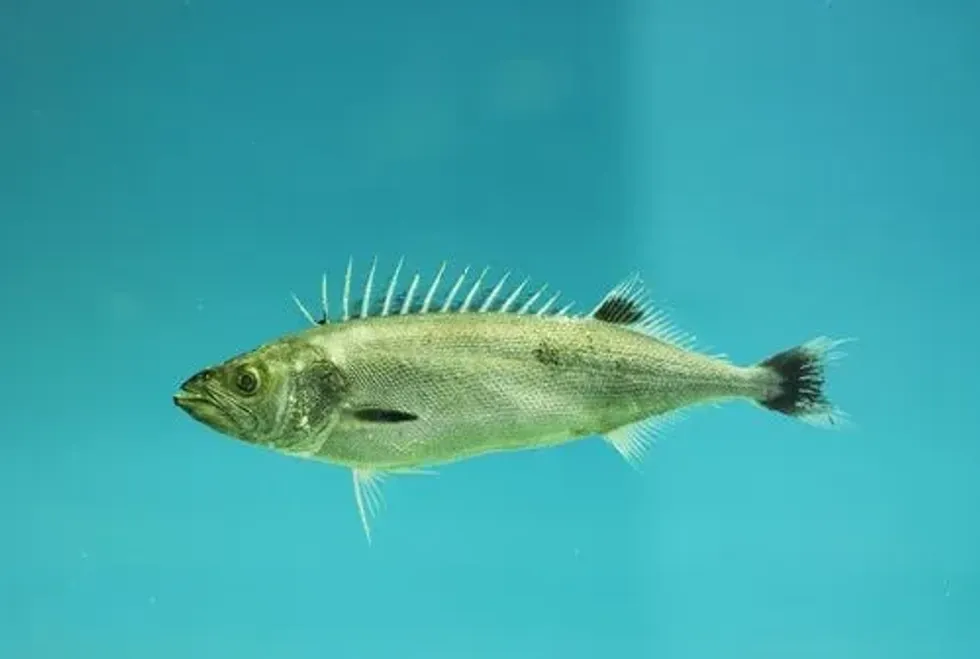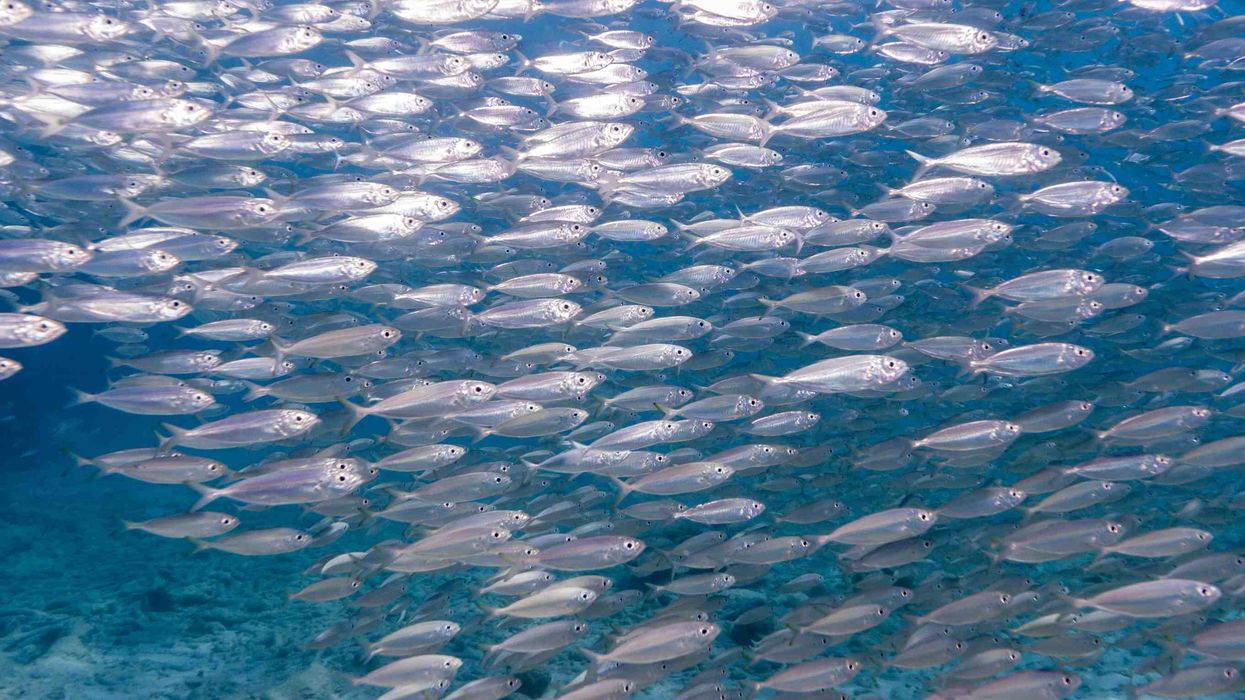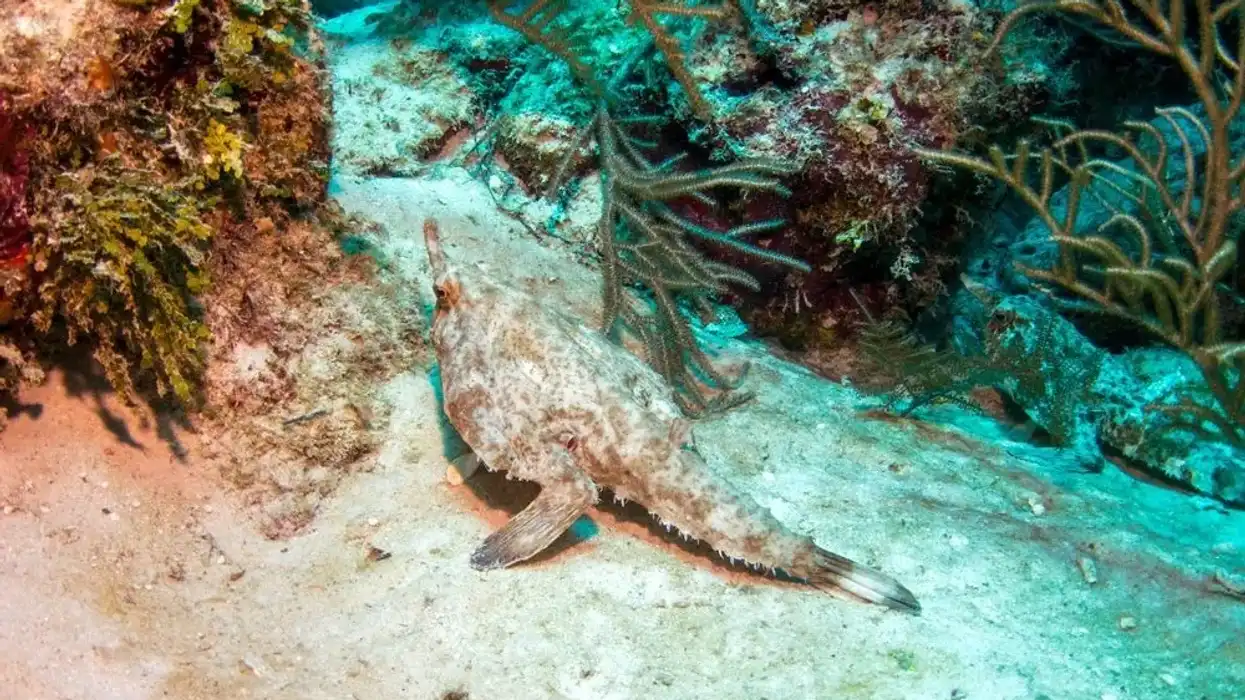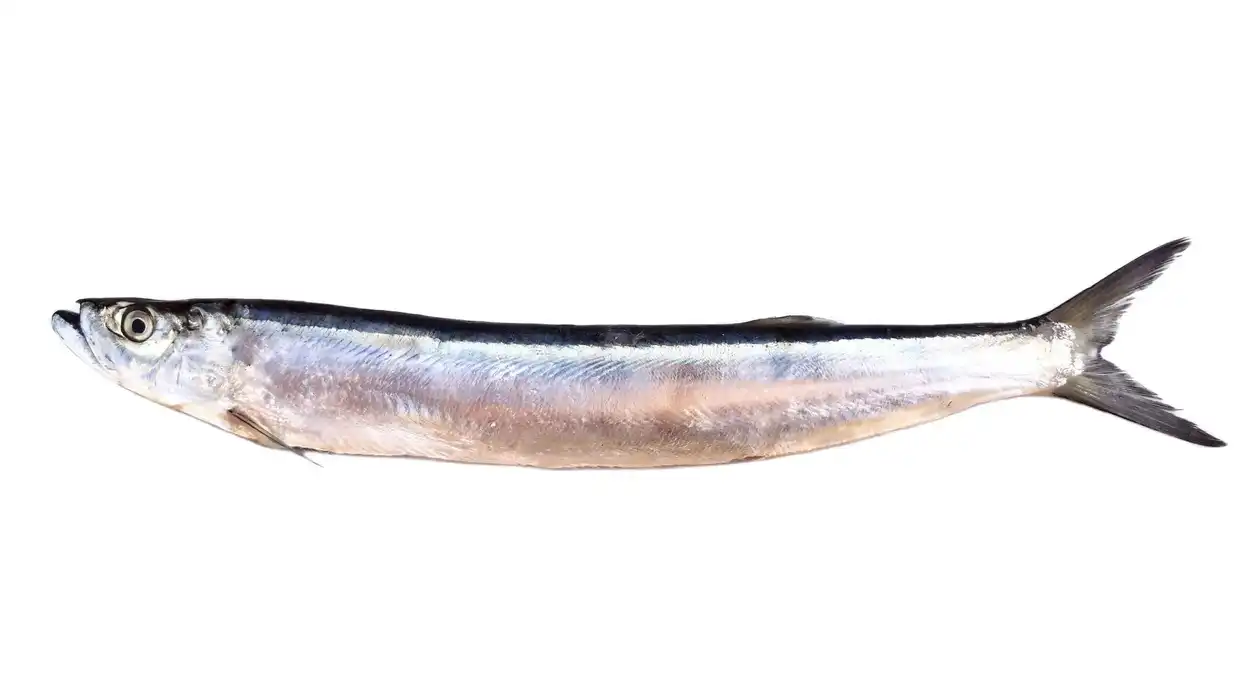Oilfish is a species of the snake mackerel fish and is distributed across temperate and tropical oceans. It is the only species that remain under its genus Ruvettus.
Ruvettus pretiosus is known to contain a high amount of oil, and the species is also related to tunas, bonitos, mackerels, and butterfishes among others. They mostly measure up to 118 in (300 cm) and weigh 2116 oz (60 kg). These fish species are considered a delicacy across the world.
Despite its health-related issues caused by the consumption of this fish, they are vulnerable to overfishing due to its meat being tasty and buttery. Oilfish is pleasant and rich in taste and are cheaper than other fish species, leading to some fish sellers mislabeling it intentionally as butterfish or codfish, even with the utter lack of relation.
This leads consumers to have it in large servings assuming it is a fish with which they are familiar, where some experience laxative symptoms.
Due to this, Japan and Italy imposed an import ban on oilfish. But even though the side effects are bad, it does not lead to death.
If this fish species interests you, you should check out other fish species like bonito fish and Spanish mackerel too.
Oilfish Interesting Facts
What type of animal is an Oilfish?
Oilfish are a type of ray-finned fish similar to the escolar Lepidocybium flavobrunneum, the family of Gempylidae.
What class of animal does an Oilfish belong to?
Oilfish (Ruvettus pretiosus) belongs to the Actinopterygii class of animal species.
How many Oilfish are there in the world?
With their ongoing or stable population, the definite number of oil fish present in the world is unknown.
Their distribution can be observed in the oceans. But their number seems to decline since people go for oilfish fishing, for culinary consumption.
However, as a culinary fish, it is not much appreciated for consumption, due to its wax esters side effect, which consists of fatty acid and fatty alcohol, so a person consuming the wax esters may have the risk of getting keriorrhea or diarrhea symptoms with the presence of the laxative.
Where does an Oilfish live?
Oilfish fish generally live in temperate, tropical oceans, and this fish has a distribution quite similar to the escolar Lepidocybium flavobrunneum.
You can find them near coastal seas worldwide, and it ranges along the large portions of both the coats in South, North, and Central America, and also found along the coastline of Africa, Europe, Australia, and various Indo-Pacific islands as well.
What is an Oilfish's habitat?
Like its similar fish species, the escolar, they live in relatively deep waters and in benthopelagic habitats, which indicates that it uses both the seafloor and the water column. They live in waters as shallow as 300-2600 ft or more.
Who do Oilfish live with?
Oilfish species are known to live, travel or hunt in groups, and often live in pairs during the breeding season.
How long does an Oilfish live?
The Oilfish lifespan is likely to be beyond 11 years unless they are caught by humans or devoured by predators.
How do they reproduce?
Little is known about the reproduction behavior of this fish species. As a family of escolar Lepidocybium flavobrunneum, they reproduce by spawning, where fertilization occurs outside of the body. The females can lay up to 10 million eggs and sometimes even more.
What is their conservation status?
The Oilfish (Ruvettus pretiosus) has a conservation status of Not Extinct, since their population is still intact, even though they have declined at some level.
Oilfish Fun Facts
What do Oilfish look like?
This escolar oilfish (Ruvettus pretiosus), also known as snake mackerel fish, is large in size and has a torpedo-shaped body, large eyes, and dark color body scales. It also has 13-15 dorsal spines along with dorsal soft rays of between 15-18. This fish can reach up to 60 kg and even more.
How cute are they?
Oilfish (Ruvettus pretiosus) are generally scary due to their big size. They do not look very cute, but rather looks like a predator of the ocean.
How do they communicate?
It is unknown how the oilfish communicate with each other.
How big is an Oilfish?
The escolar Lepidocybium flavobrunneum is 20 times bigger than a pink salmon.
How fast can an Oilfish swim?
The oilfish (Ruvettus pretiosus) has a sustained swimming speed and can swim around 50 m in 10 seconds. They chase their prey at a good speed.
How much does an Oilfish weigh?
As a relative of the tuna and mackerel fish species, the escolar Lepidocybium flavobrunneum can generally weigh up to 2116 oz (60kg). They have a heavy weight, where one third of its body is oily and filled with wax esters.
What are their male and female names of the species?
Oilfish (Ruvettus pretiosus) fish do not have different names to describe male and female.
What would you call a baby Oilfish?
Baby oil fish are known as fry.
What do they eat?
The diet of this escolar fish species consists of squid, shrimp, crustaceans, and small fish.
Are they aggressive?
The escolar snake mackerel is quite violent, especially when it hunts, which indicates its aggressive behavior.
Would they make a good pet?
It is very unlikely that the escolar oilfish are kept as pets. They may be commercially raised for their meat consumption, but not as cute pets since they can grow really big as they reach adulthood, which is not ideal to fit the aquarium. It may also suffocate them since they are ocean fish.
Did you know...
The skin and muscle meat of this fish consist of wax esters which are bad for the health of consumers.
The escolar oilfish is edible, but its flesh is very oily where its oil is made of wax esters that are not digestible, and thereby, people who consume oilfish might suffer symptoms from its laxative side effect.
The consumption of oilfish has been banned in Japan and Italy due to its purgative side effect. Also, in Australia, people who offer oilfish must inform their customers about the possible effects of consuming the fish.
Around 20-25% of this escolar fish's body is composed or wax esters.
Oilfish also contains high levels of mercury, apart from its wax esters.
Do Oilfish recognize their owners?
In most cases, yes, fish are able to recognize their owner. However, in the case of oilfish, it is unidentified, but if they are raised privately, they may be aware of its owner. But this is quite unclear since most of them are wild in the ocean.
Having your own Oilfish
This fish species are mostly raised for commercial use but not as a pet since they are big in size and carnivorous in nature. It is unlikely that you will find these fish as a pet for sale.
Here at Kidadl, we have carefully created lots of interesting family-friendly animal facts for everyone to discover! Learn more about some other fish including rainbow cichlid, or dogtooth tuna.
You can even occupy yourself at home by drawing one on our Oilfish coloring pages.










